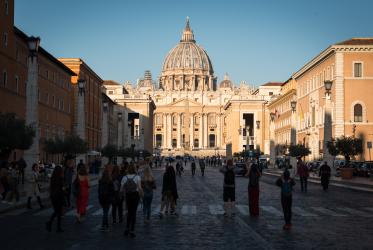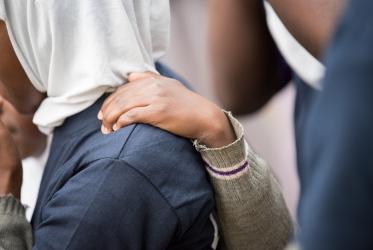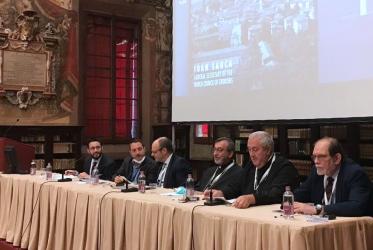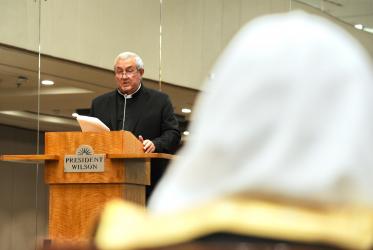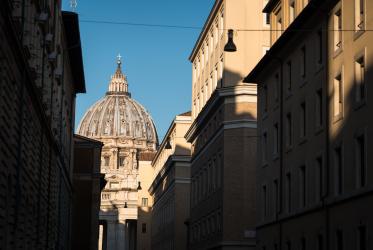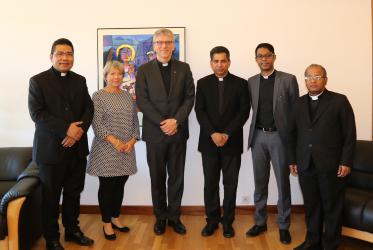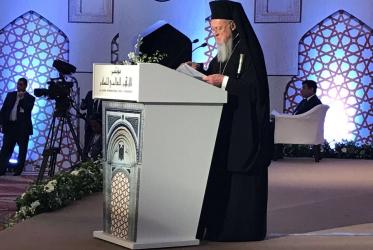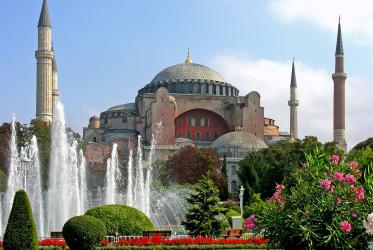In a 24 July statement on Hagia Sophia, Religions for Peace reiterated its commitment to the universality of heritage as something that can create peace and respect for all faiths. “We call for calm, in times when we see the use of religious sentiments and institutions in a manner that is divisive, thus pitting some believers against one another,” reads the statement. “We stand on the side of peace, and of deliberate, intentional, coexistence, particularly as we hear of the voices, and see the actions, of divisiveness and hatred from many quarters.”
24 July 2020
